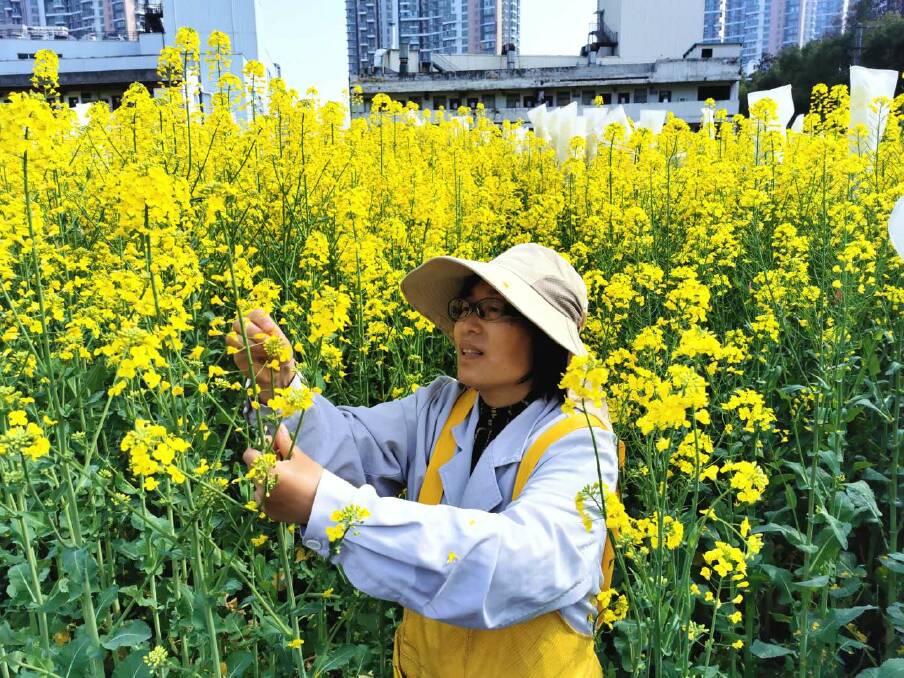
AUSTRALIAN canola producers have once again been frustrated by losses at harvest caused by pod shatter.
When the plant ripens the pods can get brittle and shatter, sending the valuable seed onto the ground, at times causing significant yield loss.
However, Chinese research has found a canola variety with strong resistance to pod shatter, which may help unlock germplasm for breeders to develop new commercial varieties with markedly lower pod shatter.
The variety, OR88, is currently being studied to find why it is so resistant to pod shatter.
Qiong Hu, of the Chinese Academy of Ag Sciences, said researchers had identified a gene they believed was responsible for the pod shattering resistance.
"Our findings constitute a breakthrough germplasm resource that could make the high-yield direct harvest of rapeseed at full maturation realistic and cost-effective," Dr Qiong said.
She said when canola reaches maturation, part of the pod turns into hard and woody tissue.
The resulting tension between this lignified tissue and the more flexible portions of the pod cause the pod to burst open.
Dr Hu and the research team examined the pods of several canola varieties, including OR88, and discovered that OR88's pod-shatter resistance comes from a layer of lignified cells that bridge the gap between layers of lignified tissue in the pods.
They named this structure the 'lignified layer bridge.'
They then set about identifying the gene responsible for this lignified-layer bridge (LLB).
They first sequenced the DNA of OR88, and traced the LLB gene to a chromosome called chromosome 9 (C09).
To further narrow down the location of the gene, they then constructed DNA fragments called 'Kompetitive Allele Specific PCR' (KASP) markers.
They finally performed an RNA analysis on the 43 genes they obtained from KASP and succeeded in isolating the single gene, BnTCP8.C09, responsible for the LLB.
This is perhaps the first gene for natural pod-shatter resistance in canola germplasm.
Start the day with all the big news in agriculture! Sign up below to receive our daily Farmonline newsletter.


